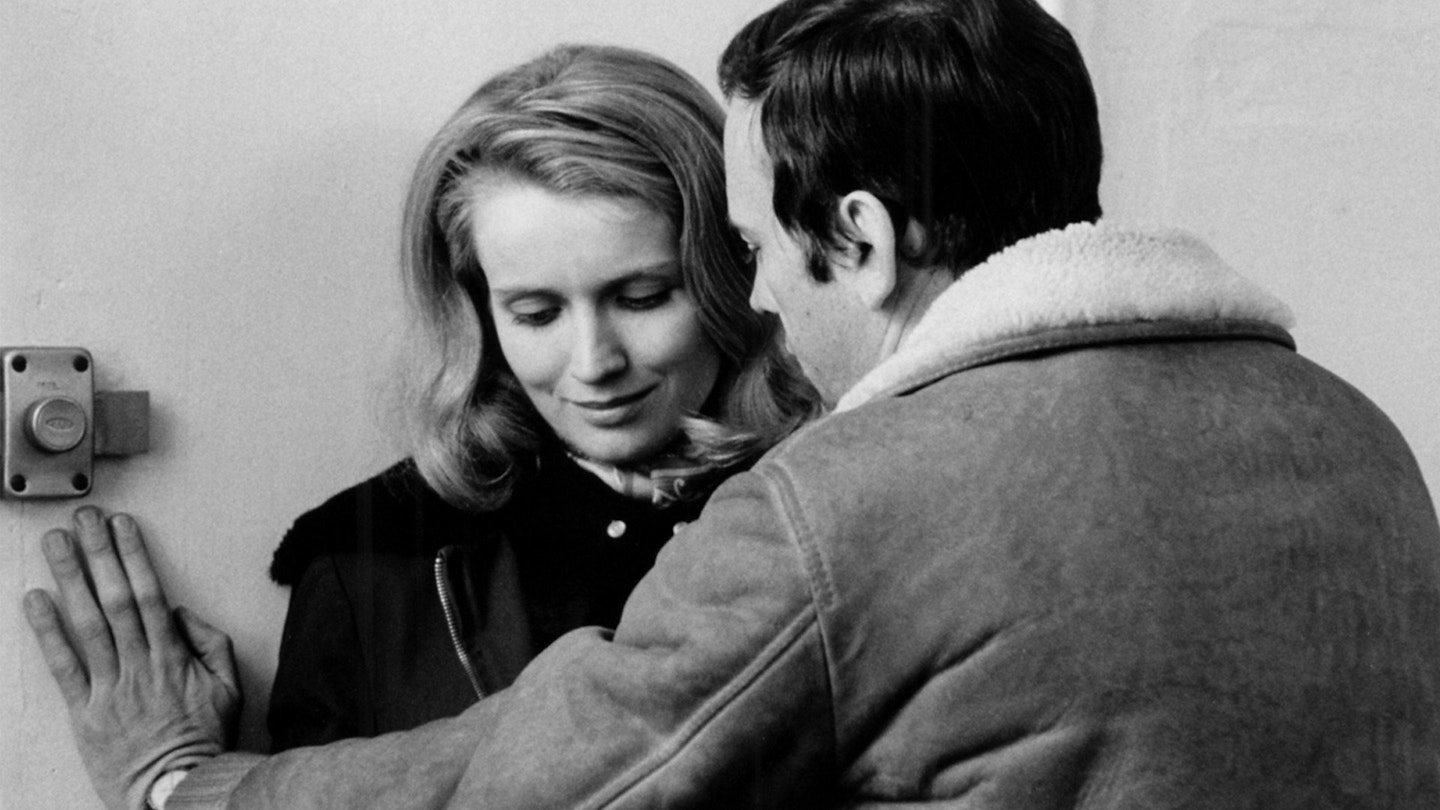The third of Eric Rohmer's `Six Moral Tales' is a typically teasing and intellectually intriguing study of human foible. Stylishly shot in monochrome by Nestor Almendros, it makes slyly effective use of both the provincial and yuletide settings to explore the friction between reason and religion and to question the biblical contention that man's greatest obstacle to eternal salvation is woman.
Jean-Louis sets himself up as a paragon in control of his appetites and opinions, as well as his destiny, and it's clear that he intends to allow nothing to deflect him from his righteous path. Moreover, he refuses to contemplate that the selection of a wife via certain rigid criteria might conspire against him because his faith will protect him against caprice. But a series of chance encounters begin to challenge his complacent convictions, even though the first - his sighting of the ideal Françoise across a church - seems to confirm his belief that God is rewarding him for a life in which risk and morality have been balanced (albeit at the expense of passion and self-awareness). However, the unexpected reunion with Vidal subjects Jean-Louis to both his philosophical probing and Maud's secular sensuality.
Despite the force of Jean-Louis Trintignant's performance, our narrator is a weak hypocrite who uses his faith (which he maintains more out of habit than certitude) to justify his failings and inconsistent attitudes. His protestation of predestination as an excuse for past dalliances also exposes his cowardly refusal to take responsibility for his actions and both Vidal and Maud seek to make him confront the shallowness of his stance - he by citing Pascal and the logic of the mathematics that governs Jean-Louis's profession; she by arousing his physical and sexual appetites.
By shooting in black and white, Rohmer was able to emphasise the film's endless contrasts (most notably between the blonde Françoise and the brunette Maud and the purity of the sunlit snow and the allure of nocturnal temptation). But while this is a subtly cinematic work, it's the finely tuned dialogue that makes it so fascinating and amusing.
